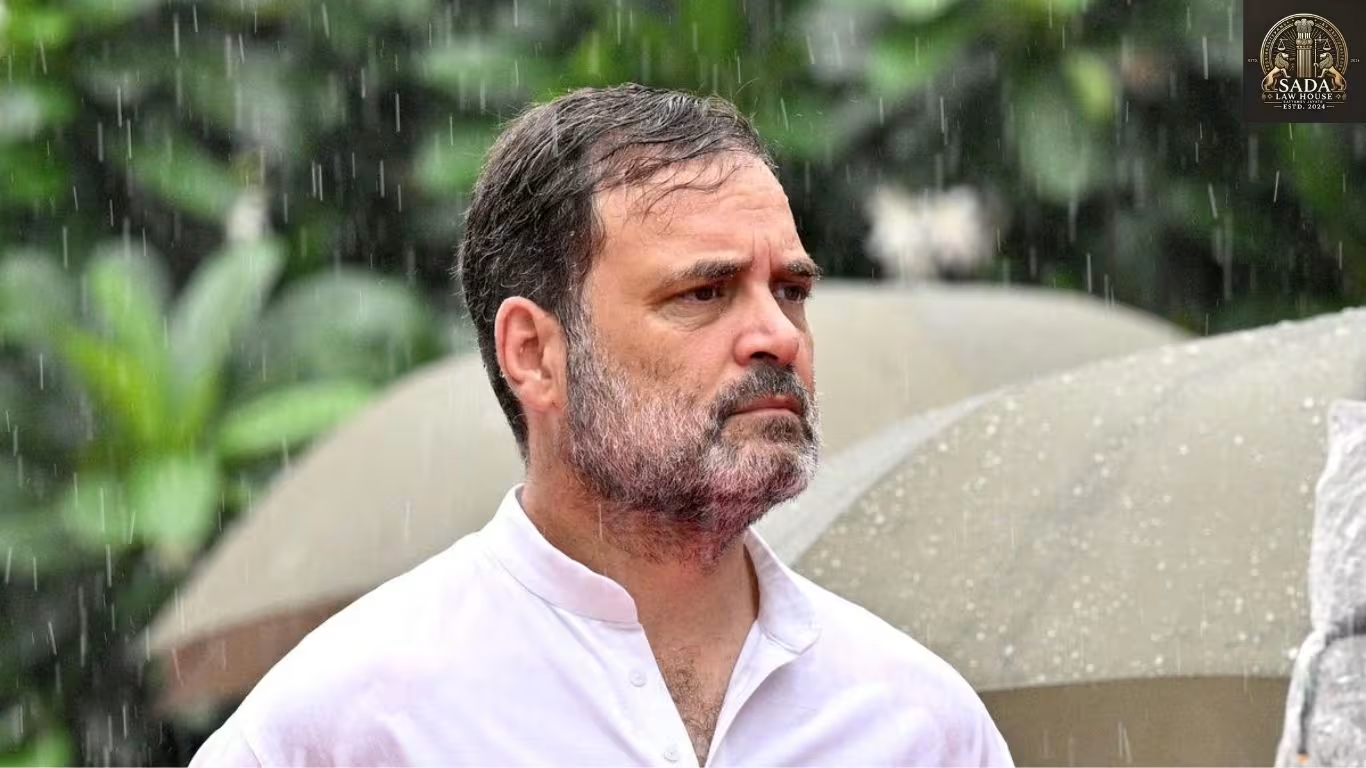India’s Electoral Drama: Rahul Gandhi Allegations Spark “Vote Theft” Storm
- Shristi Singh
- 14 September 2025

Headline:
Rahul Gandhi lashes out at “vote theft” in latest election controversy, sparking nationwide protests over Indian electoral integrity
Lead:
On 28 August 2025, Rahul Gandhi, leader of India’s largest opposition party, accused the Election Commission and ruling BJP of “vote chori” (vote theft) in state assembly contests including Mahadevapura, Karnataka. Rallying protesters nationwide, Gandhi alleged manipulated electoral rolls favoured incumbents—a claim the Election Commission promptly dismissed as baseless, challenging Gandhi to formalize his concerns under statutory oath or apologize. The controversy has reignited debate over democratic safeguards and institutional impartiality amidst growing polarization.
Background:
In early August, Gandhi began leveling allegations of irregularities during the 2024 general election. He highlighted errors in voter registration rolls for Mahadevapura and called on ECI to investigate systemic manipulation. The Commission rejected unverified claims, citing procedural norms requiring signed affidavits and contestation deadlines.
This latest flare-up has led to protests and social media campaigns organized by the Congress and aligned organizations, asserting that democratic norms are under threat.
Developments and Significance:
Political Polarization: The case hardened fault lines: BJP defended ECI’s conduct, while Gandhi accused it of institutional betrayal.
Institutional Pressure: Questions about ECI autonomy and competence have been thrust back into the spotlight, particularly as electoral systems undergo digital transformations.
Democratic Resilience: The debates come amid global concerns about democratic erosion; India’s handling may set examples regionally.
Reactions:
Election Commission: Declared allegations invalid unless substantiated with signed affidavits—warning Gandhi of legal consequences for defamation or slander.
BJP Leadership: Accused Gandhi of conspiracy to erode trust in democracy; echoed ECI’s technical stance.
Civil Society and Media: Pressed for transparency through independent audits, especially where digital systems may be vulnerable to manipulation.
Analysis:
Muddying the Playing Field: Accusations—even if unsubstantiated—breed mistrust and undermine voter faith.
ECI’s Communication Failure: The Commission’s procedural response may alienate public sentiment—more explanation and openness might be needed.
Long-Term Trust Deficit: Without reforms and responsive institutions, credibility gaps may widen—fueling populist narratives.
Conclusion:
India’s “vote chori” row underscores fragile trust in institutions at a moment when the world is watching. How ECI and political leaders choose to respond will deeply influence democratic resilience—not just for the upcoming vice-presidential election but for public faith across India’s vast electoral landscape.






